Graham Reid | | 1 min read
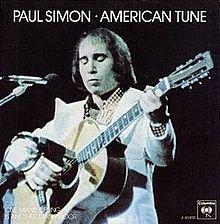
As Bob Dylan famously said (and obviously wasn't the first to expres this sentiment)., "amateurs borrow, professionals steal".
It's what you do with what you take.
Case in point, Paul Simon's American Tune.
In the early Seventies, Paul Simon began writing this song which would capture the mood of many Americans in that era of politcal uncertainty, the on-going and increasingly unpopular engagement in Vietnam and the Watergate scandal.
His political pessimism and weariness coincided with the re-election of president Richard Nixon and he noted that it "marked the end of liberalism; in 1972 you realised the whole country has moved this way and were very comfortable with it now".
Simon had hinted at his feelings in '71 when he wrote a couplet for a Mass composed by Leonard Bernstein: "Half of the people are stoned and the other half are waiting for the next election/and half the people are drowned and the other half are swimming in the wrong direction".
Lyrically, his subsequent song American Tune became more refined and sadder than that.
American Tune by Paul Simon (demo)
American Tune, studio version 1973
But as to the tune of American Tune, it isn't American at all.
Here are two versions of O Sacred Head, Now Wounded, a hymn written by Hans Leo Hassler (1564-1612)
sung by Michael Card
sung by Ginny Owens
In the latter she is borrowing from Simon. Here's his demo again.
American Tune by Paul Simon (demo)
but Simon wasn't the first to borrow from Hasler; here's JS Bach, a segment from St Matthew's Passion.
from St Matthew's Passion by JS Bach
and you might like to check this out by the late Allen Toussaint, one of the last songs he recorded before he died in November 2015.
People got very hung up on the lines "And I dreamed I was dying . . ." but maybe there was more to it than that as Toussaint looked at his America and saw the emergence of Donald Trump.
Souls were again being battered and friends didn't feel at ease.

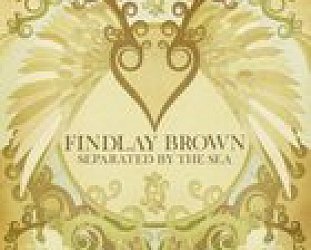

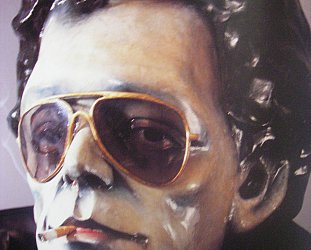
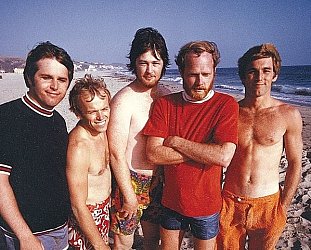

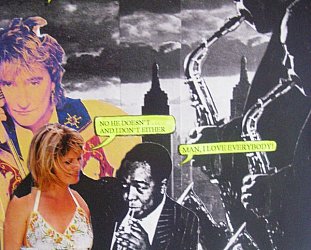
Mick - Jan 25, 2020
Facsinating article Graham. At least Bach's and Simon's stealing was for good and not evil!
SaveMick
post a comment